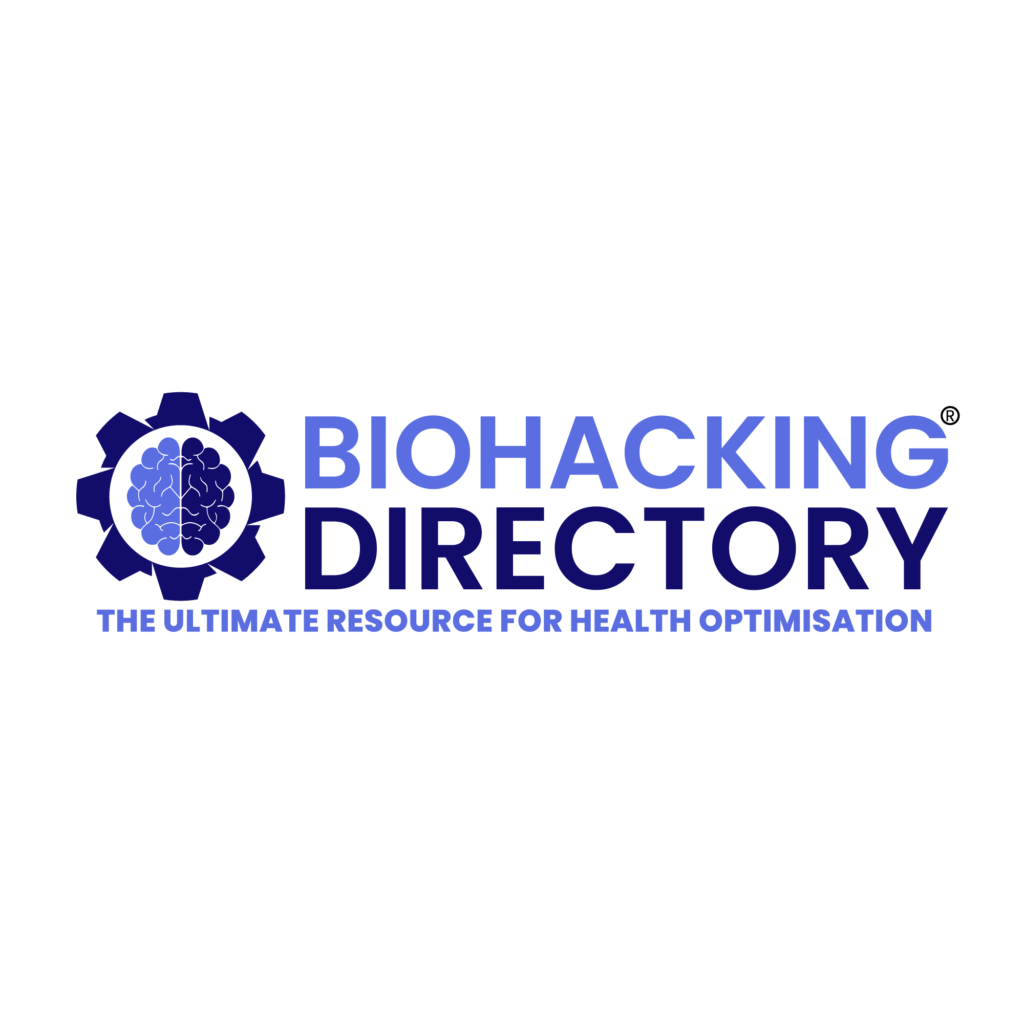In today’s fast-paced world, the quest for optimal well-being has led many to explore natural remedies and holistic approaches to health. One such approach gaining popularity is the use of adaptogens. These remarkable substances, often derived from plants and herbs, have been used for centuries in traditional medicine systems such as Ayurveda and Traditional Chinese Medicine (TCM). Adaptogens are known for their potential to enhance the body’s ability to cope with stress and promote overall well-being. In this article, we’ll delve into the world of adaptogens, explore how to choose the right ones, and understand how to incorporate them into your daily routine for optimal well-being.
Understanding Adaptogens
Before we discuss how to choose and use adaptogens, let’s first understand what these remarkable substances are. Adaptogens are non-toxic plants and herbs that are believed to help the body adapt to various stressors, whether they are physical, emotional, or environmental. They have a unique ability to “adapt” their function according to the specific needs of the body, hence the name “adaptogens.”
Common Adaptogens and Their Benefits
There is a wide variety of adaptogens available, each with its unique set of benefits. Here are some of the most well-known adaptogens and their potential advantages:
1. Ashwagandha (Withania somnifera):
Benefits: Stress reduction, improved energy levels, better sleep, and enhanced cognitive function.
2. Rhodiola Rosea:
Benefits: Increased resilience to stress, improved mood, and enhanced physical performance.
3. Ginseng (Panax ginseng and Panax quinquefolius):
Benefits: Enhanced energy, improved immune function, and increased mental alertness.
4. Holy Basil (Ocimum sanctum):
Benefits: Stress relief, improved digestion, and anti-inflammatory properties.
5. Reishi Mushroom (Ganoderma lucidum):
Benefits: Immune system support, reduced stress, and improved sleep.
Choosing the Right Adaptogens
Selecting the right adaptogens for your needs is essential. Keep these factors in mind when choosing adaptogens:
1. Identify Your Goals:
Determine your specific health goals. Are you looking to reduce stress, boost energy, improve sleep, or enhance cognitive function? Different adaptogens cater to various needs.
2. Consult a Professional:
If you have underlying health conditions or are taking medications, consult a healthcare professional or a qualified herbalist before adding adaptogens to your routine.
3. Start Slowly:
It’s often recommended to start with one adaptogen at a time, especially if you’re new to them. This allows you to observe how your body responds to each one.
4. Consider Combinations:
Some people find that using a combination of adaptogens provides a more balanced approach to well-being. However, it’s essential to research or seek expert advice on suitable combinations.
Using Adaptogens in Your Daily Routine
Now that you’ve chosen the right adaptogens, let’s explore how to incorporate them into your daily routine for optimal well-being:
1. Powdered Formulas:
Many adaptogens are available in powdered form, making them easy to mix into smoothies, teas, or even your morning oatmeal. Follow the recommended dosage on the product label.
2. Tinctures:
Tinctures are concentrated liquid extracts of adaptogens. They are often mixed with water and taken as drops. Follow the dosage instructions provided.
3. Capsules or Tablets:
If you prefer a convenient option, capsules or tablets are available for many adaptogens. These are easy to take with a glass of water and often come in pre-measured doses.
4. Tea Blends:
Some adaptogens, like holy basil and ashwagandha, are available as tea blends. Enjoying a cup of adaptogenic tea can be a soothing way to incorporate them into your daily routine.
5. Consistency is Key:
To experience the potential benefits of adaptogens, it’s crucial to use them consistently. Incorporate them into your daily routine and be patient; it may take a few weeks to notice significant changes.
Potential Side Effects and Precautions
While adaptogens are generally considered safe, it’s essential to be aware of potential side effects and precautions:
1. Mild Side Effects:
Some people may experience mild side effects like digestive discomfort or headaches when starting adaptogens. These usually subside with continued use.
2. Dosage Matters:
Follow recommended dosages carefully, as taking too much of certain adaptogens can lead to adverse effects.
3. Pregnancy and Nursing:
Pregnant and nursing women should consult a healthcare professional before using adaptogens, as safety during these times may vary.
4. Interactions:
Be aware of potential interactions with medications you may be taking. Consult a healthcare provider if you have concerns.
Conclusion
Adaptogens offer a holistic approach to well-being by helping the body adapt to various stressors. When used wisely and in consultation with a healthcare professional, they can be valuable additions to your daily routine. However, they should be seen as part of a broader strategy for good health, which includes a balanced diet, regular exercise, adequate sleep, and stress management.
Remember that individual responses to adaptogens can vary, so what works best for one person may differ for another. As you embark on your journey to optimal well-being, listen to your body, and make informed choices to achieve the health and vitality you desire.
—
References:
1. National Center for Complementary and Integrative Health. (2019). “Adaptogens: In Depth.” [Link](https://www.nccih.nih.gov/health/adaptogens-in-depth)
2. Mayo Clinic. (2021). “Ashwagandha: Can it reduce stress and anxiety?” [Link](https://www.mayoclinic.org/healthy-lifestyle/stress-management/expert-answers/ashwagandha/faq-20458094)
3. Healthline. (2021). “Rhodiola Rosea: Does It Work for Anxiety and Stress?” [Link](https://www.healthline.com/nutrition/rhodiola-rosea)
4. National Center for Complementary and Integrative Health. (2021). “Ginseng.” [Link](https://www.nccih.nih.gov/health/ginseng)
5. Medical News Today. (2021). “What are the benefits of tulsi?” [Link](https://www.medicalnewstoday.com/articles/266421)
6. WebMD. (2021). “Reishi Mushroom.” [Link](https://www.webmd.com/vitamins/ai/ingredientmono-905/reishi-mushroom)








9 Responses
Can you be more specific about the content of your article? After reading it, I still have some doubts. Hope you can help me.
Can you be more specific about the content of your article? After reading it, I still have some doubts. Hope you can help me.
Your article helped me a lot, is there any more related content? Thanks! https://accounts.binance.com/register-person?ref=IHJUI7TF
I don’t think the title of your article matches the content lol. Just kidding, mainly because I had some doubts after reading the article.
Your article helped me a lot, is there any more related content? Thanks! https://www.binance.com/hu/register?ref=IQY5TET4
Your article helped me a lot, is there any more related content? Thanks! https://www.binance.com/register?ref=IXBIAFVY
I don’t think the title of your article matches the content lol. Just kidding, mainly because I had some doubts after reading the article.
Thanks for sharing. I read many of your blog posts, cool, your blog is very good. https://www.binance.com/cs/register?ref=OMM3XK51
Your article helped me a lot, is there any more related content? Thanks! https://www.binance.com/register?ref=IXBIAFVY